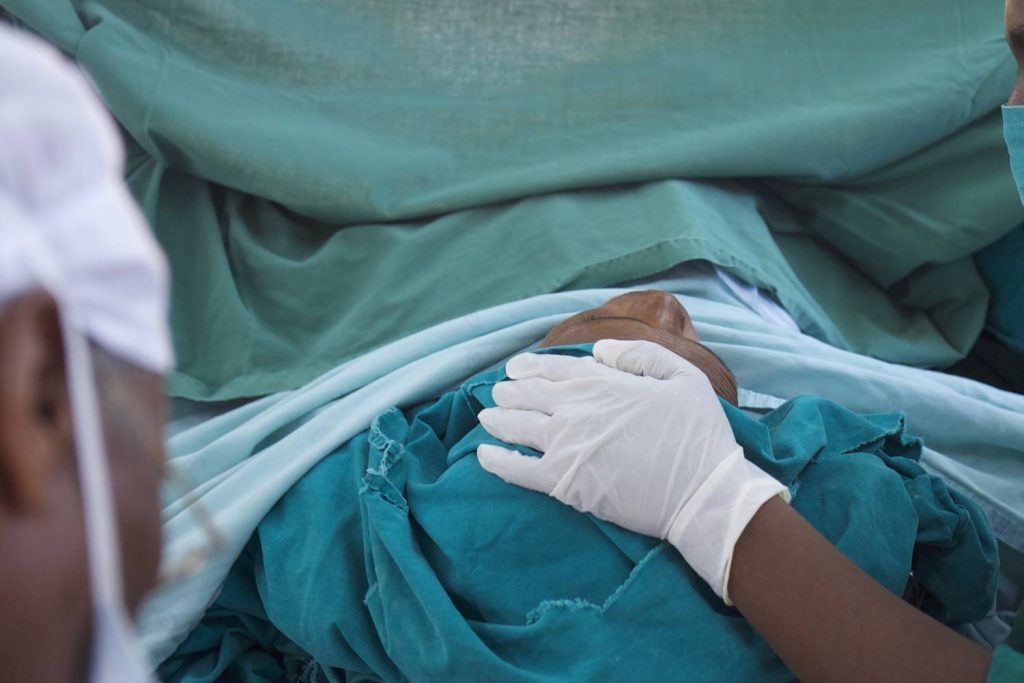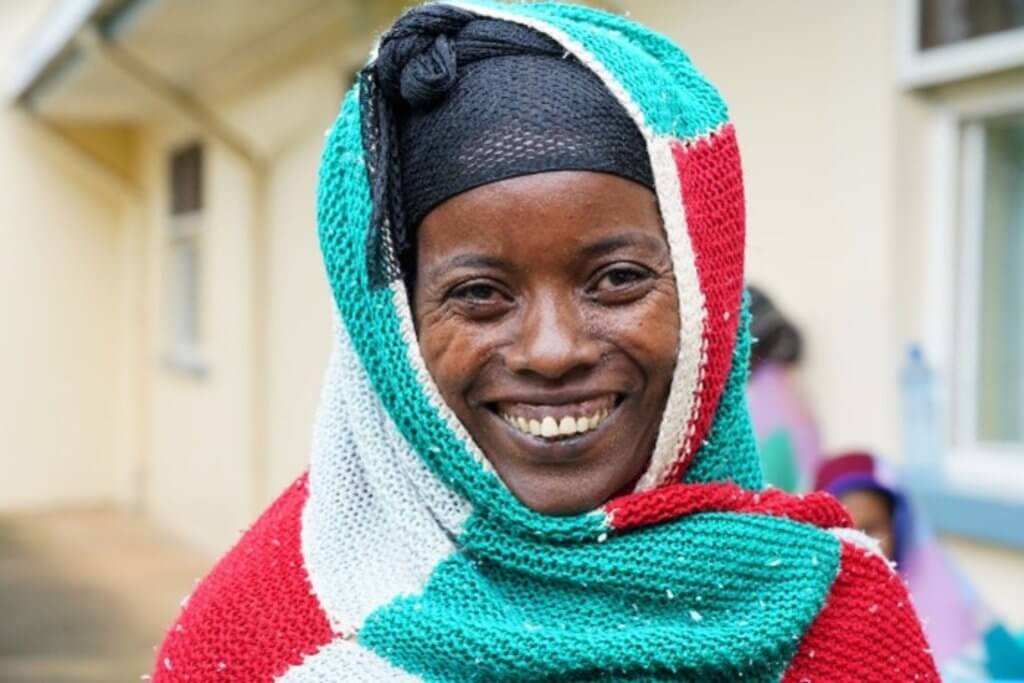Pelvic organ prolapse (POP) affects millions of women globally, and is usually caused by childbirth. While some women may be more susceptible to prolapse, the risks also increase with each birth, as the pelvic floor muscles are stretched and sometimes torn.
A common condition
For women in the US, POP is usually easily diagnosed and treated early, resulting in good health outcomes. In Ethiopia, however, where women in rural areas have little access to healthcare, POP can worsen if left untreated resulting in Advanced Stage POP. Studies find the prevalence of POP particularly high in Ethiopian women at 24% or almost 1 in 4 women.

Treatment through surgery
Women with this condition suffer significant discomfort, pain and disruption in daily life and require surgical treatment.
All six Hamlin fistula hospitals have a specialist surgeon with urogynecology skills to undertake surgical repair of advanced-stage POP.
In FY23, Hamlin Fistula Ethiopia’s clinical team performed over 2,200 POP surgeries, dramatically improving the health and quality of life for women.

“You change my life from living shamefully. You give us such extraordinary care and affection for free. Thank you for saving my life.”
- Kiya, former POP patient